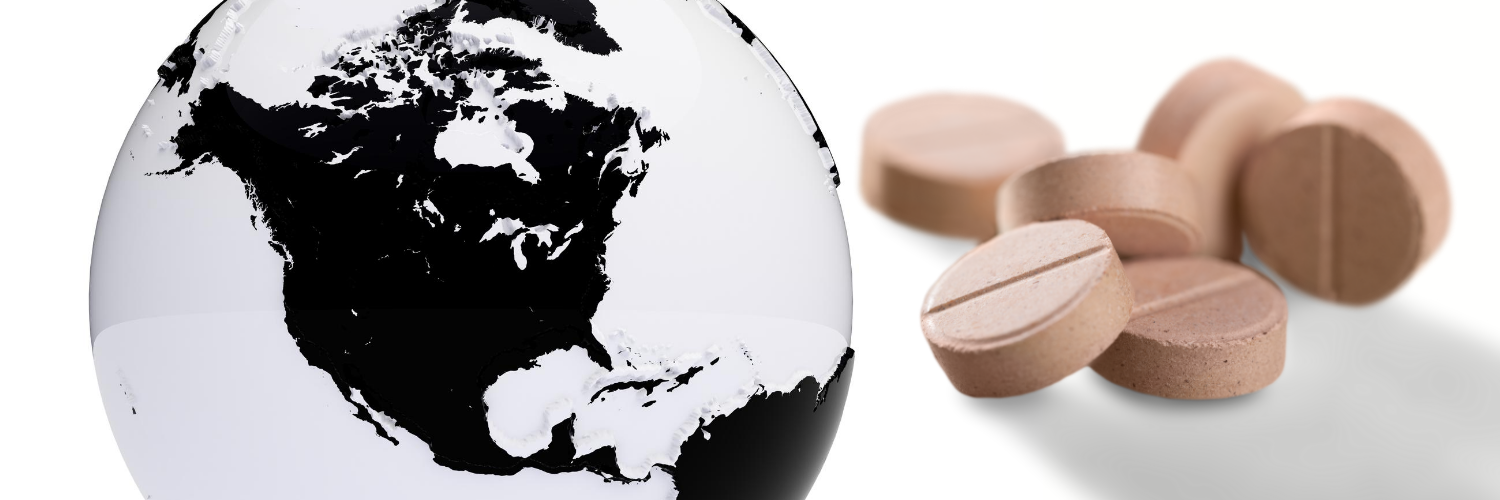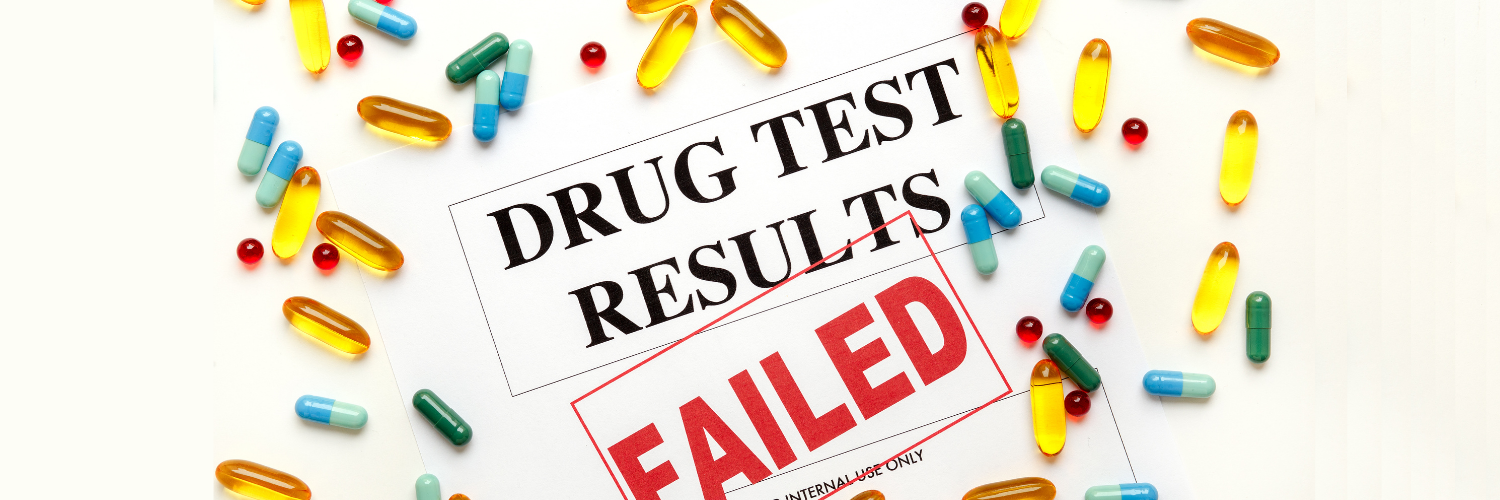How These Moms Manage the Cost of Their Child's Diabetes

Diabetes is an expensive illness. Expenses pile up in the form of copays, doctor consultations, and, at the very least, mounting inconveniences. (We may not pay for inconveniences in money, but we do pay for them in our time and emotional well-being.) Diabetes is uniquely expensive, though. Insulin, one of the most well-publicized drug pricing crises, can cost type 1 diabetics over $5,000 per year on average, according to the Health Care Cost Institute. That is without other potential costs, like those for medical devices or ACE-inhibitors or drugs for high cholesterol.
Diabetes for kids is especially expensive. This is partially due to gimmicking; a pharmaceutical company can create a gadget for diabetes with a few new kid-related tricks, slap a patent on it, and call it a profitable day. A 2002 bill helps pharmaceutical companies pull off this hat trick. The bill, titled the Best Pharmaceuticals for Children Act, allows pharmaceutical companies to hold onto patents for longer if they perform clinical trials on children. Thus, our drugs for kids tend to have longer-lasting patents and higher prices. (This bill, by the way, was meant to encourage companies to make drugs specifically for kids. It should have provided drugs for children. Instead, it made children’s medications that much more expensive. Think about that next time you hear the words “incentivize the drug companies” from a lawmaker’s mouth.)
Of course, the kids don’t care about the costs of their condition. They don’t have to worry about it! Costs are the concern of parents, who have to shuffle around their finances to pay for their child’s lifelong condition. It isn’t easy. Ahead, how moms of children with diabetes manage costs.
1. Choose a low-deductible plan. Meet that deductible.
If you know you will be spending a lot on medication or healthcare, choose a plan with a low deductible. These plans are usually designed for people with chronic illnesses. Meet your deductible as soon as you can be closely monitoring health expenses. Then, shove all the rest of your doctor-related activity (prescriptions, consults, devices) under your insurance coverage until the year ends.
Insulin may have taken a center stage last year. It didn't help us. To manage my child 's juvenile diabetes responsibly, we meet our health insurance out of pocket maximum in June every year ($6k). Short acting insulin is one small cost of the big picture of type 1 diabetes.
— Julia Cornish (@Wanderlotus_) September 23, 2020
2. Open a Health Savings Account
Health savings accounts (HSA) are specifically for high deductible plans. If you have a high deductible health plan, particularly one with an employer, you may be able to deposit portions of your pre-tax salary into a savings account that can only be used for health expenses. It’s one of a few healthcare hacks in this country (sadly).
HSA accounts are by far the best cost-saving option, but if you start them early (say, in your twenties), you may find that you have a healthy rainy day fund by the time the rainy day arrives. Is having to save money for potential huge health expenses a sign of a broken healthcare system? Perhaps.
Made the switch to a HSA which is by far way cheaper than traditional coverage. My premium was high to begin with. For me & my kid my current HSA premium is 4.2K. Good thing is under the HSA everything counts towards it unlike the traditional coverage.
— AJ Harris (@AJTheManChild) May 23, 2018
Signed up for an HDHP and began contributing a small % to my HSA when I was 25. Did the typical 20-something bit and didn’t see a doctor until after I got married. That HSA money became super useful paying for my kid and her yearly retinue of DRs appointments.
— Have you considered moving to the suburbs? (@TaeWFO) November 12, 2020
3. Look into CHIP or Medicaid
The Children’s Health Insurance Program covers children of parents under a certain income. It offers excellent coverage at nearly no cost. Similarly, Medicaid may be able to offer relief. Check for your Medicaid eligibility here.
Ugh he healthcare thing is deeply personal to me, as my oldest kid has type 1 diabetes. If we weren't poor enough for him to get Medicaid, his monthly basic costs would but 1500+. Its disgusting that the richest country in the world wont guarantee basic medical ins for all.
— Alyssa? (@alyssa_ofm) December 1, 2019
4. Purchase drugs from international accredited pharmacies
Insulin is not available at international accredited pharmacies, although it may be soon. You may find other diabetes treatment drugs — particularly drugs for type 2 diabetes mellitus, which is not insulin-dependent — at steep discounts abroad. Jardiance, an expensive type 2 diabetes drug with no generic, is 92% cheaper at PharmacyChecker-accredited international pharmacies. Please note that Jardiance is not approved for the treatment of type 1 diabetes due to the risk of diabetic ketoacidosis.
Comparing Jardiance (empagliflozin), Janumet (sitagliptin/metformin), and Metformin (generic) Prices |
||||
| Drug Strength Quantity | U.S. Average Retail Price | PharmacyChecker U.S. Discount Card Price | Lowest Accredited International Pharmacy Price | Greatest Percentage Savings |
| Jardiance (empagliflozin) 25 mg 30 tablets | $624.33 | $517.81 | $51.33 | 92% |
| Jardiance (empagliflozin) 10 mg 30 tablets | $618.77 | $517.81 | $45.30 | 93% |
| Janumet (sitagliptin/metformin) 50mg/1000mg 60 tablets | $592.37 | $449.60 | $36.98 | 94% |
| Janumet XR (sitagliptin/metformin XR) 50mg/1000mg 60 tablets | $582.53 | $449.60 | $96.34 | 84% |
| Metformin hydrochloride (generic) 500mg 60 tablets | $15.00 | $27.35 | $14.00 | 6% |
| Glucophage (metformin) 500mg 60 tablets | $69.34 | $30.51 | $10.76 | 84% |
Sources: Average U.S. Retail Price estimated based on pricing on GoodRx.com. PharmacyChecker U.S. Discount Card Price based on availability at pharmacies near Brooklyn, New York. Lowest Accredited International Pharmacy Price based on prices listed on PharmacyChecker.com.
5. Use drug discount coupons like the PharmacyChecker Discount Card
Drug discount coupons can provide a hard bargain, depending on the purveyor. The PharmacyChecker Discount Card, available for use at your local pharmacy, can offer discounts as high as 98%.
6. Crossing the border
In the meantime, diabetics are making a habit of crossing borders for insulin. So-called “insulin caravans” travel to Canada or Mexico — just over a border — for piles of much -cheaper insulin.
Michele Fenner, a mother of a diabetic, told Kaiser Health News (KHN) that she got the idea of going to Mexico for insulin when she travelled to Los Angeles for a half marathon. Three months’ worth of insulin was just $600 in Mexico, while it was $3,700 in the U.S. “I decided we need to update our passports and go and get more insulin,” Fenner told KHN. A group called “Caravan to Canada” traveled to Ontario in 2019 solely for cheaper insulin.
How common is type 2 diabetes in children?
Type 1 diabetes is more prevalent in children, hence the title “juvenile diabetes.” Type 2, which is associated with chronic conditions and lifestyle, is more common in older adults. This does not mean children do not have type 2 diabetes. Of the children diagnosed with diabetes between 2014 and 2015, 38% had type 2, according to the American Diabetes Association.
Can I order insulin from PharmacyChecker-accredited pharmacies?
You cannot order insulin from PharmacyChecker-accredited pharmacies yet because insulin requires cold storage. However, we expect that this will be achieved with patient safety in mind for 2021.
Why is insulin so expensive?
For a drug that has been around since the 1920s, insulin is very expensive. (Under an ideal healthcare system, insulin would be free of cost even if it were brand new. A conversation for another time.) But its price follows the twisted logic of U.S. drug pricing. In general, the more prissy the drug, the more expensive it is. Insulin is princess-and-the-pea levels of sensitive. It is technically a biosimilar, a drug based on a biologic, pharmaceuticals made from organisms, so to speak. (Vaccines, which frequently rely on things like chicken eggs, are biologics.) Biosimilars are basically generic versions of biologics. But biologics themselves are so prissy that even their replicas can’t get lower prices. Making a biosimilar, for a drug company, is just as expensive as making a biologic. Ergo, drug companies aren’t clamoring to make insulin. The ones that do make insulin give their products a protective moat of patents. And, voila, we have a hundred-year-old drug that still costs upwards of $1,000 per month cash.





